Skills Based Indigenous Relations Training Essential to Reconciliation
As providers of a suite of Indigenous relations training, we are frequently asked if we offer “blanket exercises.” The short answer is “no, we don’t.”
2 min read
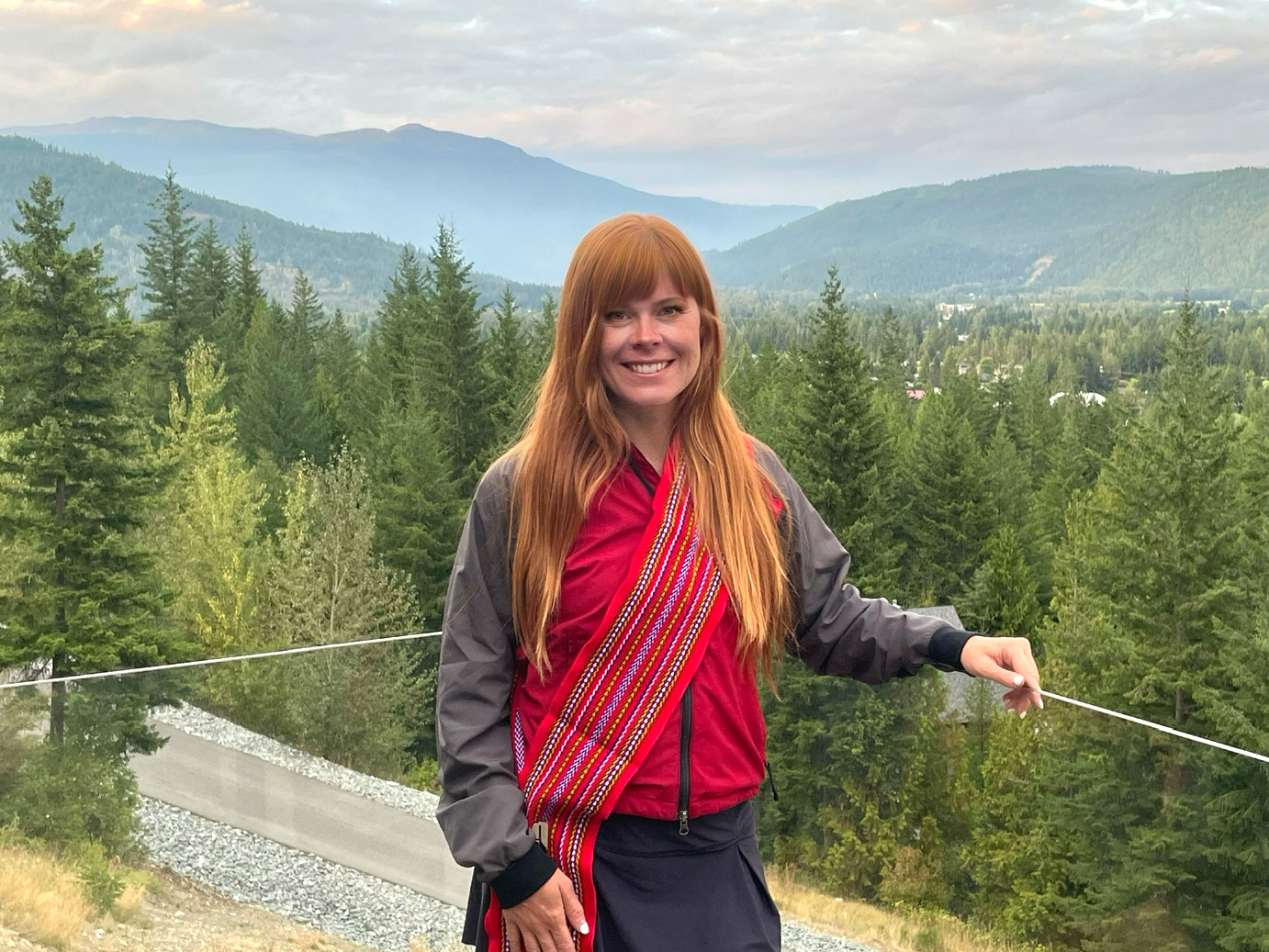 Bronte Phillips
March 01, 2022
Bronte Phillips
March 01, 2022
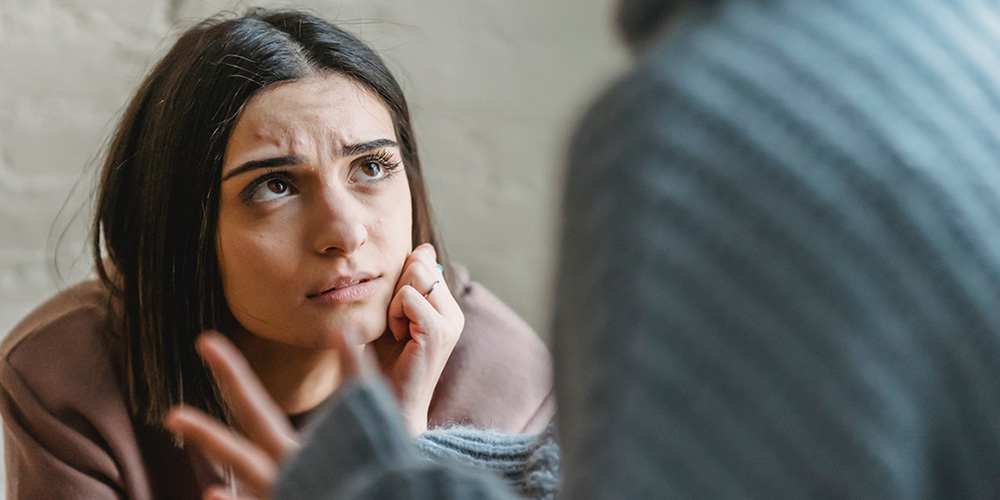
Maybe you have recently taken one of our courses surrounding Indigenous Awareness and learned new facts about the history of Indigenous Peoples of Canada, or perhaps you read the book, 21 Things™ You May Not Know About the Indian Act. A discussion among coworkers or peers arises and you overhear or witness a myth or a stereotype being reinforced. How can you as a non-Indigenous person speak up and share your knowledge without causing shame, guilt or embarrassment and engaging people's inner defence mechanisms?
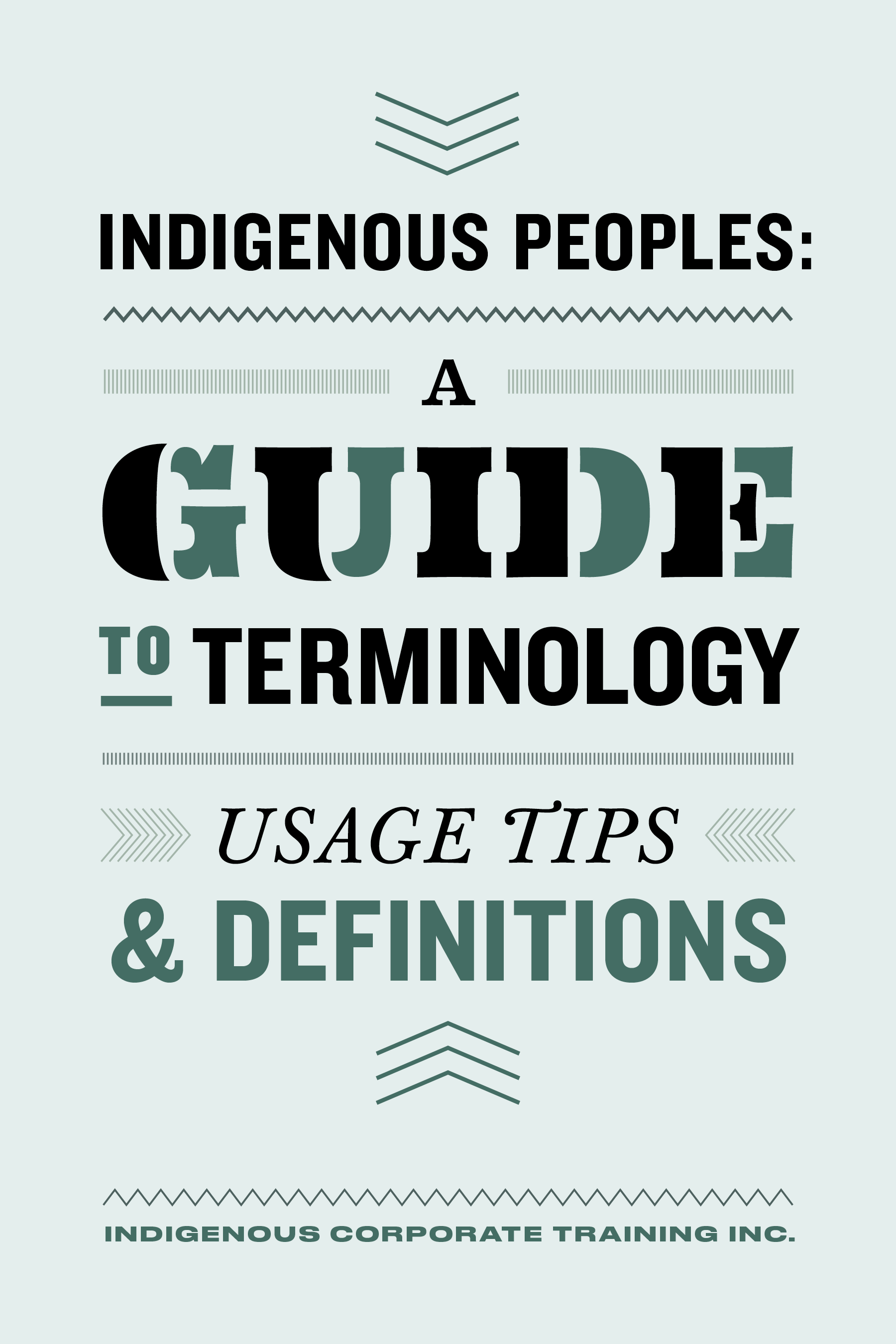 Using decolonizing and destigmatizing words and terms is necessary reconciliation work; but if we do it in a way that causes shame, guilt, or embarrassment we are not learning and moving forward together. Recently, a friend used the term “reservation” as opposed to “reserve” which is the proper terminology here in Canada. I politely corrected her and was met with backlash and a self-defensive explanation on ways in which she is not a racist individual. It was not my intention at all.
Using decolonizing and destigmatizing words and terms is necessary reconciliation work; but if we do it in a way that causes shame, guilt, or embarrassment we are not learning and moving forward together. Recently, a friend used the term “reservation” as opposed to “reserve” which is the proper terminology here in Canada. I politely corrected her and was met with backlash and a self-defensive explanation on ways in which she is not a racist individual. It was not my intention at all.
Later, upon some self-reflection on the method in which I attempted to correct her improper use of the word, I realized that had I approached the situation differently; the guilt that she felt would not have caused her defensive reaction. Psychology Today defines correcting someone as an “implicit form of criticism” and no one likes to be criticized or judged.
The aim for us then is to frame our corrections in a way that is constructive and not destructive, Indigenous Awareness is an extremely culturally sensitive subject and should be approached as such. Psychology Today suggests that “If you want to correct someone’s mistake in a way that will not be hurtful, even in the short term, the best way to handle this is to emphasize that your comments come out of a sense of caring and a wish to be supportive.” Something along the lines of “I am so happy that you are taking the initiative to learn more about Indigenous Culture but I have learned through my own research that the proper term is a ‘reserve.’ You are right there is no such thing as free housing on them” would have turned the direction of the conversation in a more positive direction.
Back in my days of secondary education, we were taught to give both negative and positive feedback and to treat it like a “positive sandwich”. Does this approach undermine the years of struggles and horrifying colonial treatment that Indigenous Peoples faced? No. Does it frame a correction in a supportive, warm manner that encourages the learner to further research and engage themselves in the topic, and perhaps open the door to learning more about Indigenous Awareness? Absolutely!
This information can help you on your reconciliation journey and your Indigenous relationships whether they be personal or employment-related. Understanding and learning together will help you to become an active ally for Indigenous Peoples, our training will further educate you with multiple ways for how you can start your journey towards allyship and help spark positive change for Indigenous Peoples.
By Bronte Phillips
Featured photo: Pexels
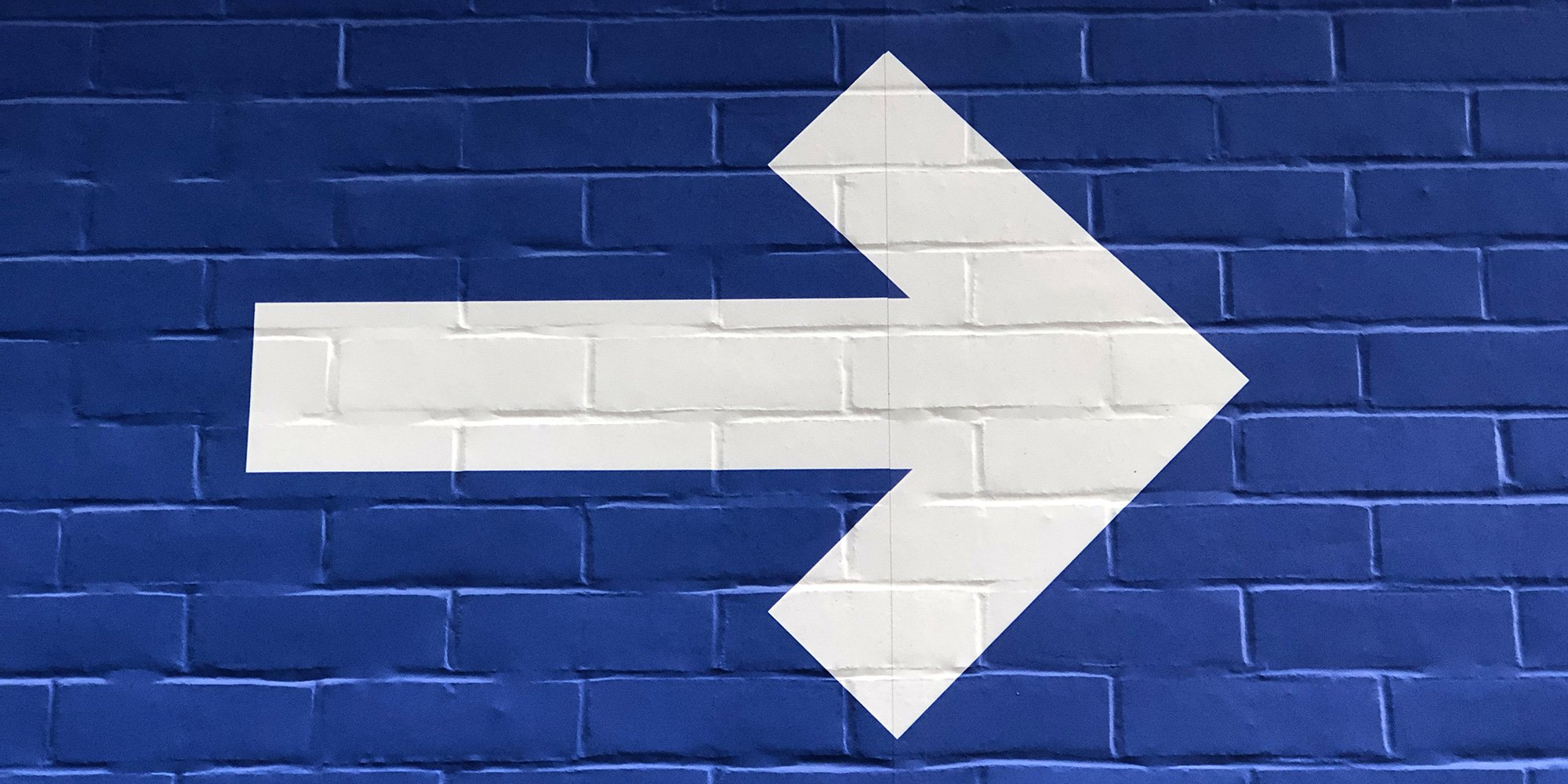
As providers of a suite of Indigenous relations training, we are frequently asked if we offer “blanket exercises.” The short answer is “no, we don’t.”
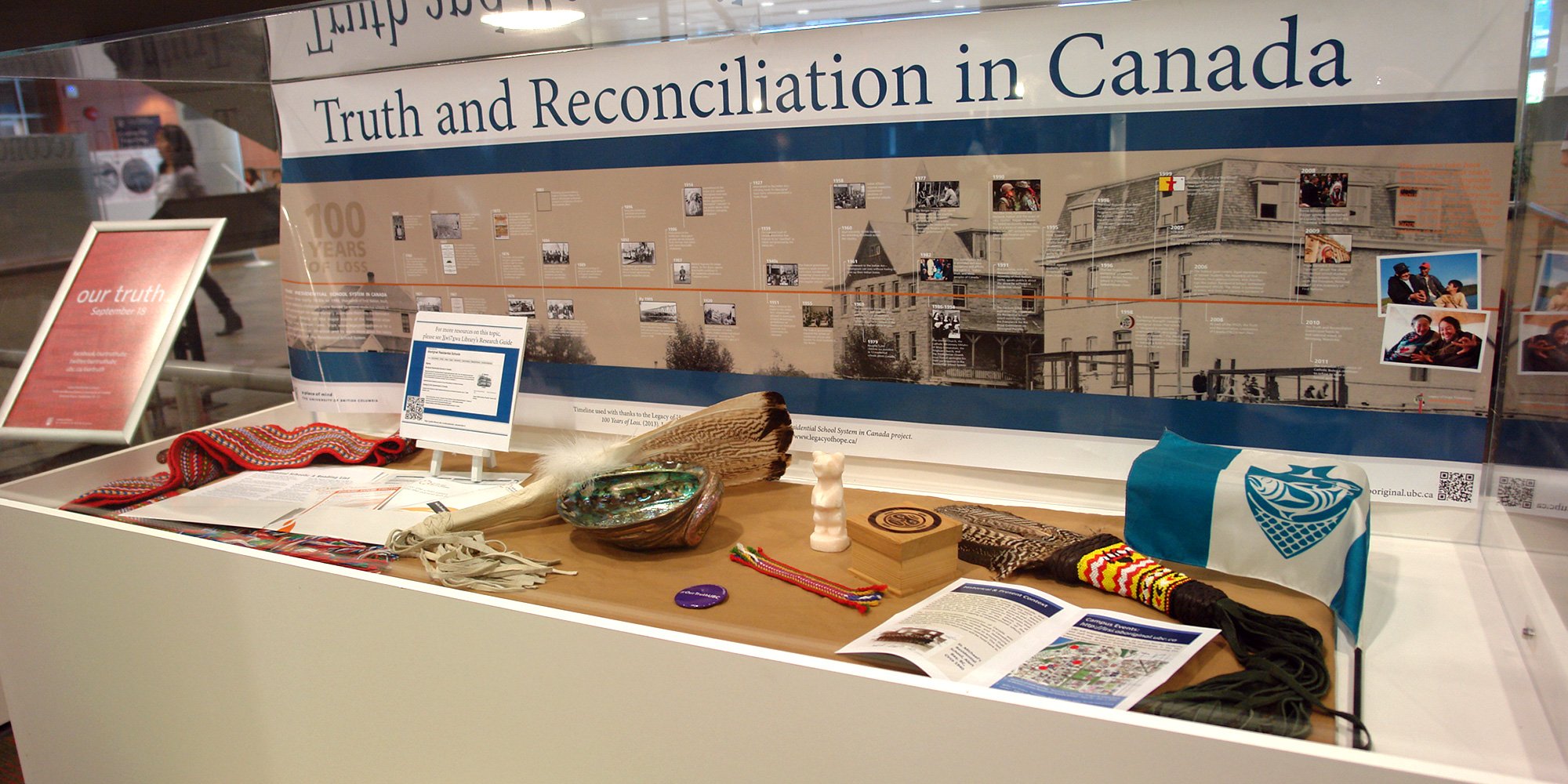
For a very long time, mainstream Canadians were unaware of the horrors and conditions that 150,000 Indigenous children endured in the Indian...
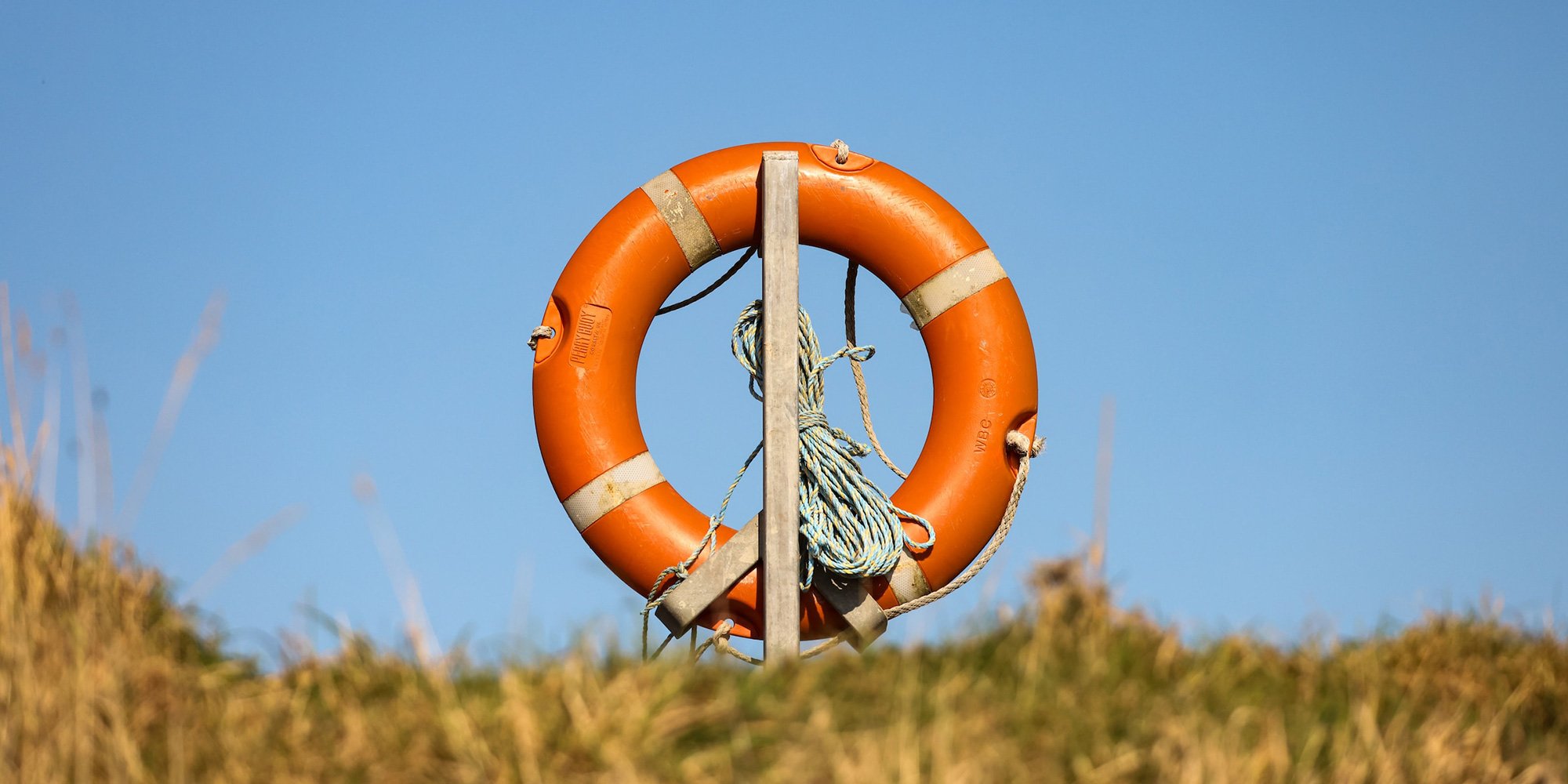
In 2015, when the Truth and Reconciliation Commission of Canada (TRC) released its six-volume report on residential schools it brought the details,...